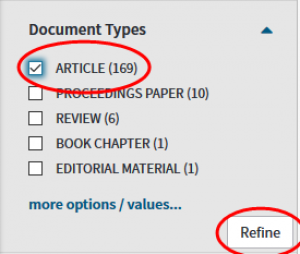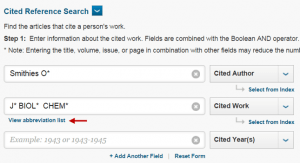
How does a search engine work?
Before engaging in search engine optimization, it makes sense to ask what exactly a search engine is and how it works. The question may sound trivial but for optimal search engine optimization, it needs sound knowledge about how search engines work. Now with the Search PubMed now you can have the right article.
What is a search engine?
The Internet without search engines is hardly imaginable today. 98% of web entries are made through a search engine. While in the 90s, the Internet was still largely organized via Internet addresses, so-called domains. It is now unusual to enter a domain completely. The user even uses search engines today, even though he knows the name and thus the domain of the address. We got used to it all. The indexing of the Internet by human memory is too cumbersome and so the search engine is used for everything.

Search engines are characterized by an algorithm and search the World Wide Web and when we talk about a search engine, we mean Google. Google now has a market share of 94.5%. At least in Europe Google is the search engine.
But what is a search engine actually?
A search engine is understood to be a program that searches mostly for content in the browser. We search for a so-called keyword and the search engine presents us with the results according to a specific algorithm, which is the search engine’s own. The aim of the optimal search engine is, of course, to present us with the most relevant result. However, because the search engine does not know exactly what we are actually looking for, because we only communicate via the detour syntax with it, the search engine usually delivers the results in list form, whereby of course the first place shows the most relevant result according to the search engine algorithm and further hits and information are presented in descending order. This list is also called SERP or Search Engine Result Page.
How does a search engine work?
Search engines filter the Internet for a specific algorithm whereby a search engine strictly speaking does not search the whole internet, but only the World Wide Web. Other parts of the Internet are, for example, e-mail, FTP or the Usenet.
Although strictly speaking, not the World Wide Web is searched, but only an image of this WWW. This image is called the search engine index. Search engines deliver the results in fractions of a second if a search were to be conducted live so the World Wide Web would have to be searched the moment you entered the search term, it would certainly take hours and days before you would get a result.
Therefore, every search engine creates a so-called index. This is, so to speak, a file that has categorized and indexed the Internet. This index is already on the server of the search engine provider cache and enables the delivery of results in seconds. Therefore, the index of a search engine is never in real-time. So you can see here the saved version of the World Wide Web from the past. In the best case, of course, this saved version is only a few hours back.
But how is this index created? For this purpose, so-called crawlers are used at Google these crawlers are called Google-bots. These bots are computer programs that independently surf the Internet and scan websites. Content is captured and stored in a cache.
